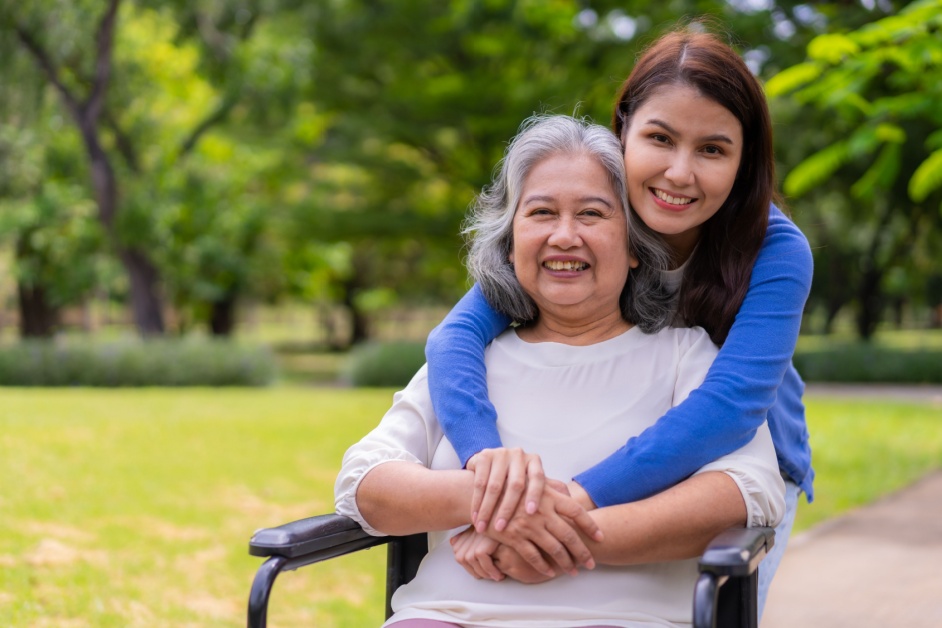No products in the basket.
If you’re new to health and social care, there’s a term you’ll hear often: duty of care. So what is duty of care in health and social care? It means you have a legal and moral responsibility to keep the people you support safe and well. That includes clients, patients, and even your team. You must act in a way that avoids harm, promotes wellbeing, and respects people’s rights.
It sounds serious—and it is. But it’s also something you already do if you care about others. This guide breaks it down so you understand what duty of care means, how it works in real life, and why it matters so much.
What Is Duty of Care in Health and Social Care?
Duty of care means you must always act in the best interest of the people you support. You must protect them from harm, respect their choices, and make sure your actions are safe and fair. The law backs this up. So do the codes of conduct that care workers follow.
This duty applies whether you work in a care home, a hospital, someone’s house, or a daycare setting. It includes how you treat your coworkers and visitors. Every decision you make should take into account how it affects others.
What Duty of Care Looks Like Day to Day
It’s not about doing something huge. Often, it’s small things that show you’re taking care. Helping someone use a mobility aid safely? That’s duty of care. Cooking and serving food properly to keep everyone safe? That’s duty of care too.
Noticing a change in someone’s mood and reporting it? That could be a sign of something bigger. It’s your job to notice things, speak up, and make sure issues get sorted fast. That includes concerns about safety, abuse, poor practice, or emotional harm.
You Don’t Need to Be Perfect—Just Responsible
No one expects you to know everything. But you must ask for help when you need it. That’s part of your duty. If a task feels unsafe or unfamiliar, don’t guess. Speak to a supervisor or colleague. Knowing your limits is a strength.
Where the Duty Comes From: Law and Guidance
In the UK, duty of care comes from both law and professional guidance. It links to:
- The Health and Safety at Work Act 1974 – Keeps staff and service users safe
- The Care Act 2014 – Focuses on protecting adults with care needs
- The Children Act 1989 – Protects the rights and wellbeing of children
- Codes of Practice – From regulators like the CQC or HCPC
These laws make it clear: if you work in care, you must follow safe, respectful, and honest practices. If you fail to meet this duty, there could be serious consequences.
The Link Between Duty of Care and Safeguarding
Safeguarding means protecting people from abuse, neglect, or harm. It’s a key part of your duty of care. That means:
- Spotting signs of harm or distress
- Reporting issues right away
- Following your service’s policies
If you ignore signs or stay quiet, someone could keep suffering. That would break your duty. Safeguarding isn’t someone else’s job—it’s yours too.
How to Handle Conflicts in Duty of Care
Sometimes, you might feel torn between respecting a person’s choice and keeping them safe. That happens more than you think.
Say someone wants to eat food that’s risky because of a medical issue. They have the right to choose. But you also have a duty to keep them safe.
So what do you do?
You talk and explain the risk. You check they understand and you involve a senior or health professional if needed. Then you document the conversation. That way, you protect everyone.
Duty of Care Means Respecting Rights
People in care settings still have rights. Individuals have the freedom to choose what happens in their life and deserve dignity. Their voices should be heard and respected. Your role is not to take over, but to support them.
That means:
- Giving people choices about their daily routine
- Respecting their privacy
- Speaking to them kindly
Small acts matter. Knocking before entering a room shows respect. Using someone’s name shows care. These things build trust.
Reporting and Record-Keeping
You must write things down clearly and share them properly. If something happens—a fall, injury, or mood change—you record it. You tell the right person.
Good records help your team make safe choices. They also protect you if someone questions your actions.
Duty of Care and Working Within Your Role
Don’t do things you’re not trained for. If someone asks you to do a medical task you haven’t been shown how to do, say no. Ask for the training. Don’t guess.
Working within your role keeps people safe. That’s not dodging work. That’s doing it right.
What Happens if Duty of Care Gets Ignored
If someone ignores duty of care, real harm can happen. A person might get hurt. A risk might go unnoticed. Or someone might feel alone or ignored.
There could be legal action, job loss, or formal complaints. That’s why this duty matters.
But it’s not about fear. It’s about learning to care safely, kindly, and with good judgement.
What Is Duty of Care in Health and Social Care Training?
When you start in care, your training will cover duty of care. You’ll learn:
- What duty of care means
- Real examples of what it looks like
- How to report and record things
- How to think through tricky situations
You’ll also revisit it in supervisions or CPD. It’s something you keep learning.
Real-Life Examples That Bring Duty of Care to Life
Example 1: You notice a resident hasn’t eaten all day. You ask why and find out they feel sick. You tell the nurse and note it. That’s duty of care.
Example 2: You’re asked to use a hoist you haven’t used before. You say you’re not trained. You ask a senior for help. That’s duty of care.
Example 3: A client tells you they feel unsafe with another staff member. You report it right away. That’s duty of care.
These aren’t big moments. They’re everyday actions that keep people safe.
How Managers Support Duty of Care
If you’re a manager, you set the tone. You help make a space where duty of care matters. That means:
- Making sure staff are trained
- Being clear about policies
- Listening when someone raises a concern
- Encouraging open talk and honesty
When teams feel safe, they act with care. That keeps everyone safer.
You’re Not Alone in This
New to care? Unsure? That’s normal. You’re not meant to know it all. You’re meant to ask, care, and speak up.
Ask questions. Double-check things. Talk to your team. Duty of care doesn’t fall on one person. It’s a team thing.
Final Thoughts
So, what is duty of care in health and social care? It means keeping people safe, respected, and well. It’s your job—and it’s a privilege.
You don’t need to be perfect. Just notice, act, and ask when things feel off. That’s how good care happens.
Whether you’re helping someone get dressed or writing a note—it all counts. You’ve got this.
Want to feel confident in your care role and learn your responsibilities? Enrol in our online Health and Social Care courses today at Course Cave.




